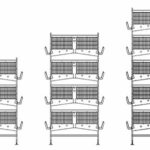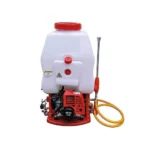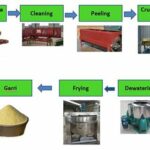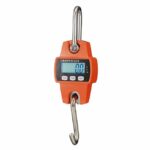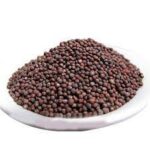
This would be an introductory note to the area of fish farming as we would be running different topics under the area of fish farming.
Fish farming is the cultivation of fish in rivers, tanks or enclosures for personal or commercial use. There are different fish species for this purpose and they include salmon, common carp, tilapia, catfish etc. However, some are not suitable for fish farming in Nigeria, because of difference in environmental suitability, nature of fish and low market demand for the fish. Currently, catfish and tilapia are the most common species used for fish farming in Nigeria.
By raising fish, we make better use of our land and our water, we can have more nutritious protein to eat and of course, we can make a profitable business out of fish farming. However, just like any agribusiness (or any business at all) you need background knowledge, hard work and dedication make a success out of it.
Fish farming is the raising of fish for personal use or profit. It is sometimes called fish culture.
Fish can be grown in two ways:
- Extensive fish farming where fish grow under natural water conditions (i.e. river or stream).
- Intensive fish farming where fish are grown in man-made “natural fish environment” and provided with external supply of food.

What are your basic needs to start a fish farm?
-
Good source of water
There is core emphasis on GOOD in “good water” as this is very important for the overall well-being of your fish population. Good or bad water varies from fish to fish, but any fish that is placed in a non-conducive water environment will have its growth and productivity largely affected. Therefore, you need to know what exactly conducive for your fish in terms of pH, temperature, turbidity etc.
The size of your intending fish farm determines the quantity of water needed. But generally, you need to make sure that you have a considerable abundance of water.
If you are starting small, you may be comfortable with a nearby watering well. However, if you`re launching out as a big fish farm, you definitely need more than just a well. It is highly advisable to get a bigger water supply with increased storage capacity like a bore hole and water storage tanks.
-
Housing
You have to provide your fish with a natural and comfortable housing. You can either house your fishes in natural water bodies such as ponds or small rivers or you can construct your own pond. Both have their advantages and disadvantages but the most important is that their water environment and housing must mimic their natural environment as much as possible.
For man-made ponds, various options include plastic tanks, brick-constructed ponds, etc.

-
Food Fish Feeds
Sources of food for your fish include the following;
Natural food: This is found naturally in the pond and it usually includes detritus, bacteria, plankton, worms, insects, snails and aquatic plants. Also, fish are known to each other most especially when they are hungry.
Supplementary feed: This usually includes cheap materials which may be locally available as plants, kitchen wastes or agricultural by-products. Supplementary feed may not be the best for your fish and we will discuss why in upcoming series.
Complete feed: This is feed formulated and produced specially for fish. They are usually of good ingredient and nutrients, made by the experts who understand the perfect formula for the fish at different stages of growth.
More importantly, before you start, you should get professional advice from someone with core expertise and experience in fish farming. You can contact us if you would like us to give you referrals for this purpose. You need core knowledge on components such as choice of location for your fish pond, what kind of fish to raise, best feed options, how to feed your fish, taking care of your pond, draining your pond, harvesting the fish, marketing your fish etc.
Also, you should visit different kinds of fish farms near you including fish feeds sellers and fish marketers. Trust me, they always have valuable information to give.
Watch out for further notes on fish farming in the coming weeks.

